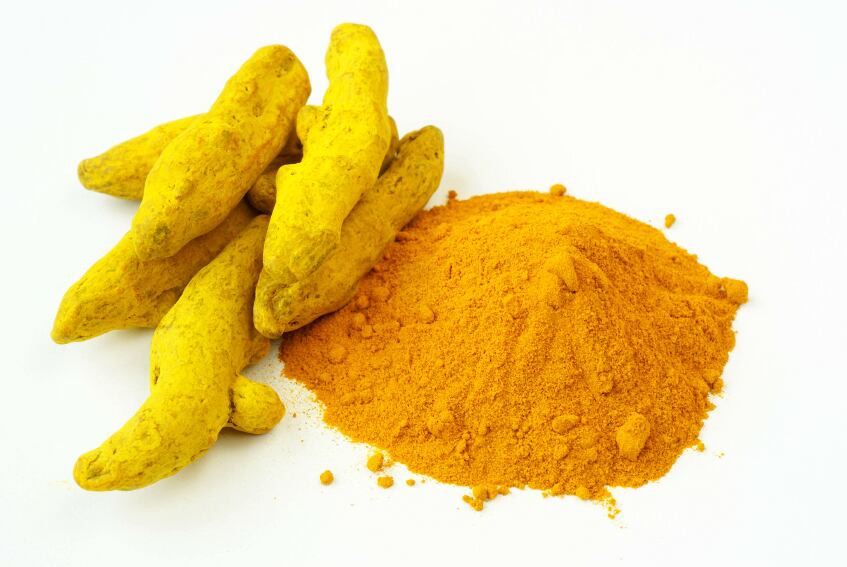The European Food Safety Authority (EFSA) has published two scientific opinions relating to submissions for health claims under the Regulation (EC) No 1924/2006 – rejecting both submissions.
The first, an article 13.5 submission relating to curcumin and normal functioning of joints, was turned down by the NDA Panel which said no conclusions could be drawn from 15 human intervention studies conducted in patients with osteoarthritis or rheumatoid arthritis and from one study in obese subjects on serum cytokines for the scientific substantiation of the claim.

“In the absence of evidence for an effect of curcumin on the normal function of joints in humans, the results of the human studies on curcumin pharmacokinetics, safety and mechanistic studies, the animal studies and the in vitro studies submitted by the applicant cannot be used as a source of data for the scientific substantiation of the claim,” said the EFSA opinion.
“The Panel concludes that a cause and effect relationship has not been established between the consumption of curcumin and maintenance of joint function.”
The curcumin dossier had been submitted by Suomen Terveysravinto Oy via the Finnish authorities in December 2016. The EFSA opinion stated that while dossier did fully characterise curcumin, and show that the maintenance of joint function is a beneficial effect, the evidence provided could not demonstrate a cause and effect relationship between the two.
Fertility issues
A second EFSA opinion, relating to an article 14 submission was also rejected after the NDA Panel concluded that a cause and effect relationship was not established.
This dossier submission related to an application from Laboratoire Nurilia submitted via French authorities, in which the firm claimed that an extract marketed as Condensyl decreases sperm DNA damage, which is a risk factor for male subfertility and/or infertility.
According to the dossier, Condensyl is a fixed combination of opuntia fruit dry extract, N-acetyl cysteine, zinc, nicotinamide, vitamins B2, B6, B12 and E, and folic acid.
In delivering its opinion on the submitted claim, the EFSA panel said that the extract was sufficiently characterised, but that the term ‘subfertility’ had not been defined by the applicant and that infertility is clinically defined.
“In this context, the Panel assumes that the disease that is the subject of the application is male infertility and that the target population for the claim includes males wishing to increase their fertility but excludes males with clinical infertility,” said the opinion.
While four clinical studies were submitted to back up the claim, the NDA Panel said that “no conclusions can be drawn from these studies for the scientific substantiation of the claim.”
“On the basis of data presented, the Panel concludes that a cause and effect relationship has not been established between the consumption of Condensyl and reduction of DNA sperm damage in the context of reducing the risk of male infertility,” said EFSA.
